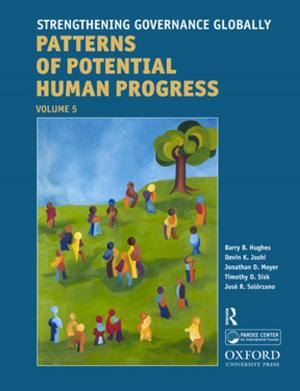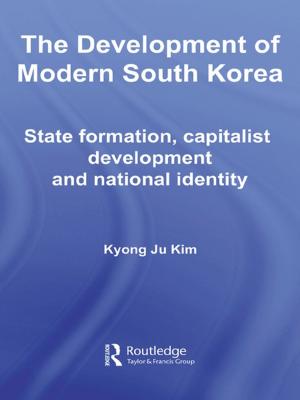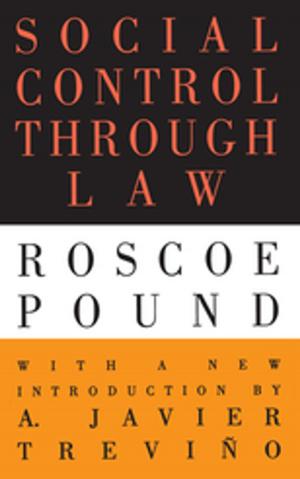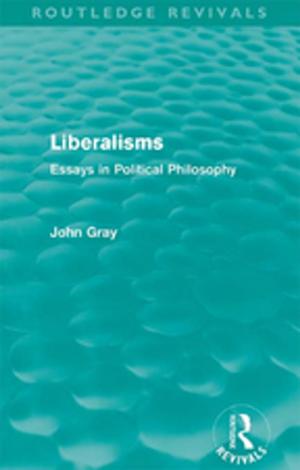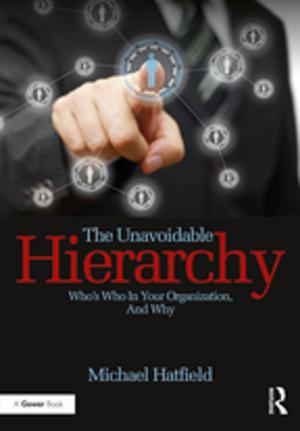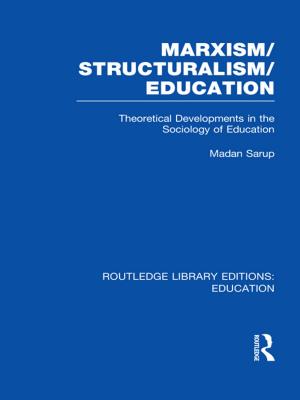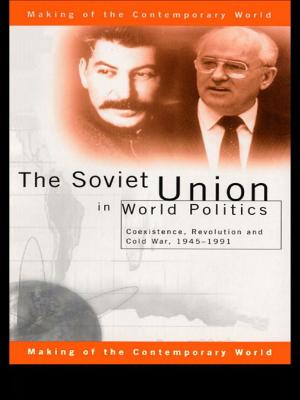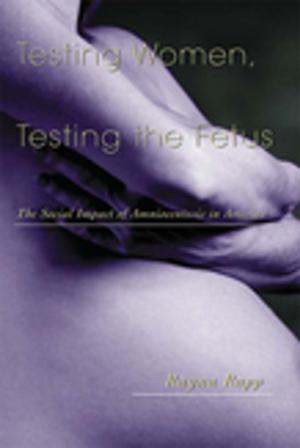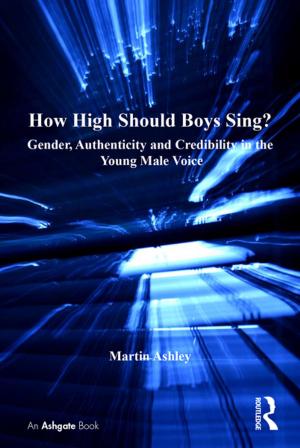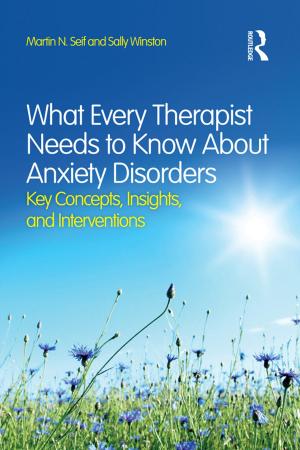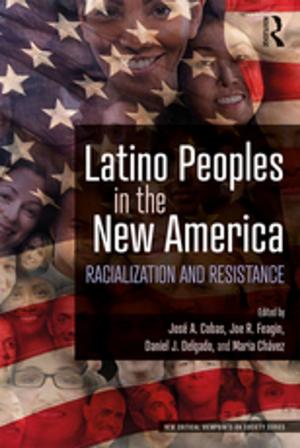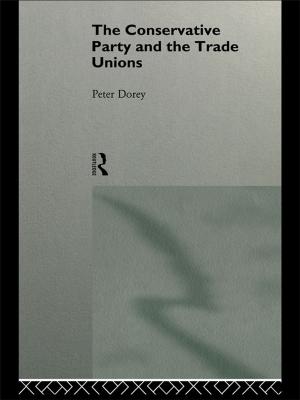Composing Diverse Identities
Narrative Inquiries into the Interwoven Lives of Children and Teachers
Nonfiction, Reference & Language, Education & Teaching, Preschool & Kindergarten, Educational Theory, Philosophy & Social Aspects| Author: | D. Jean Clandinin, Janice Huber, Marilyn Huber, M. Shaun Murphy, Anne Murray Orr, Marni Pearce, Pam Steeves | ISBN: | 9781134232574 |
| Publisher: | Taylor and Francis | Publication: | April 18, 2006 |
| Imprint: | Routledge | Language: | English |
| Author: | D. Jean Clandinin, Janice Huber, Marilyn Huber, M. Shaun Murphy, Anne Murray Orr, Marni Pearce, Pam Steeves |
| ISBN: | 9781134232574 |
| Publisher: | Taylor and Francis |
| Publication: | April 18, 2006 |
| Imprint: | Routledge |
| Language: | English |
In a climate of increasing emphasis on testing, measurable outcomes, competition and efficiency, the real lives of children and their teachers are often neglected or are too messy and intricate to legislate and quantify. As such, curricula are designed without including the very people that compose the identities of schools. Here Clandinin takes issue with this tendency, bringing together a collection of narratives from seven writers who spent a year in an urban school, exploring the experiences and contributions of children, families, teachers and administrators. These stories show us an alternative way of attending to what counts in schools, shifting away from the school as a business model towards an idea of schools as places to engage citizenship and to attend to the wholeness of people’s lives.
Articulating the complex ethical dilemmas and issues that face people and schools every day, this fascinating study puts school life under the microscope raises new questions about who and what education is for.
In a climate of increasing emphasis on testing, measurable outcomes, competition and efficiency, the real lives of children and their teachers are often neglected or are too messy and intricate to legislate and quantify. As such, curricula are designed without including the very people that compose the identities of schools. Here Clandinin takes issue with this tendency, bringing together a collection of narratives from seven writers who spent a year in an urban school, exploring the experiences and contributions of children, families, teachers and administrators. These stories show us an alternative way of attending to what counts in schools, shifting away from the school as a business model towards an idea of schools as places to engage citizenship and to attend to the wholeness of people’s lives.
Articulating the complex ethical dilemmas and issues that face people and schools every day, this fascinating study puts school life under the microscope raises new questions about who and what education is for.

